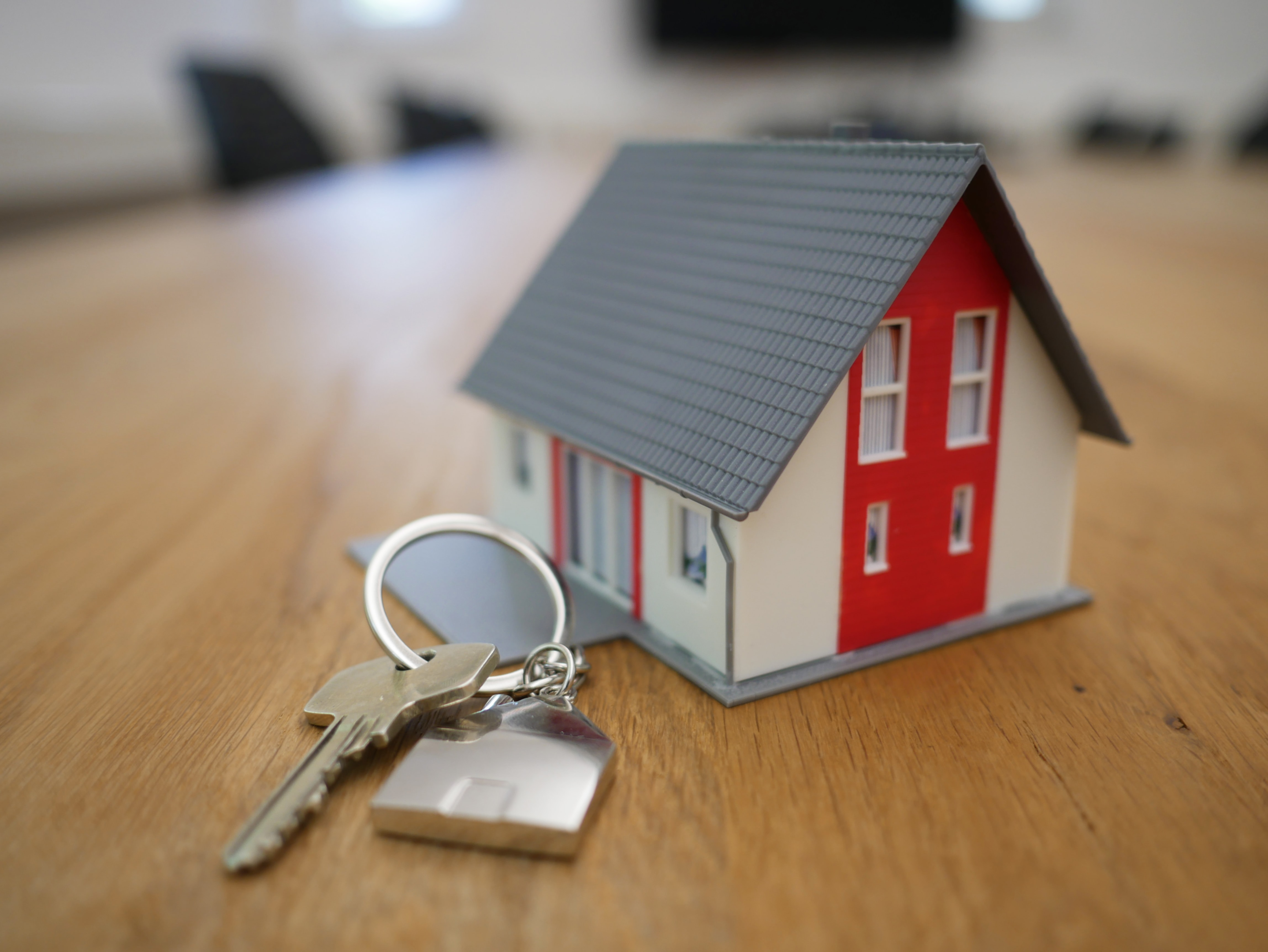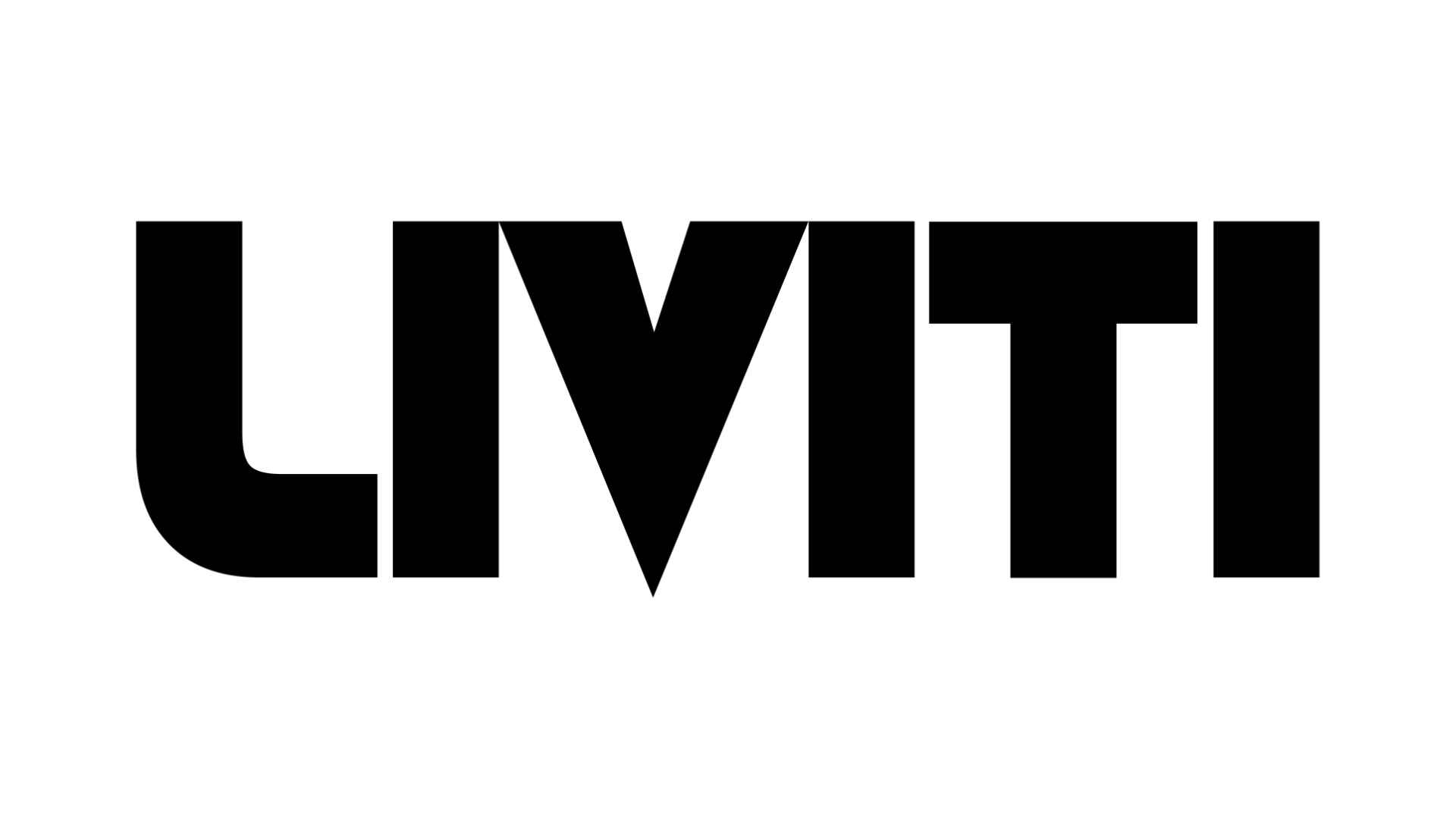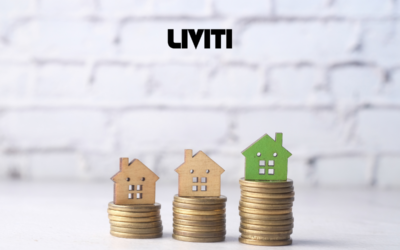Everyone wants to build up their portfolio, and the popular course of action is going into property investment. Trying to start your journey in investment property can be tricky. However, it is all worth it in the end, as property investments are long-term investments that display a significant increase in value, which will generate a steady and passive rental income.
First, let’s dive into all things investment property.
So let’s discuss what terms and elements you need to know when trying to increase your assets and buy an investment property utilising equity.

What is Investment Income?
As the name suggests, investment income is the money someone earns from the increased value in financial asset investments or ongoing rental income in property instances. Investment income, also known as portfolio income, typically falls into the three categories of interest, dividends and capital gains.
What is home equity?
When comparing the difference between the outstanding debt you have on your mortgage/home loan versus the value of your property, you get the balance of your home equity amount.
You can utilise home equity as security with banks to borrow money and minimise costs and expenses for future property purchases.
Once you’ve calculated your home equity, it is common to assume that you can use the entire amount to purchase an investment property. However, this is not the case. You can commonly borrow up to 80% of your home’s value to buy real estate.
Example of calculating home equity
Say your home value is $850,000 and you still have $150,000 on the mortgage, you would calculate your home equity as follows.
- 850,000 – 150,000 = 700,000
As a result, your home equity would be $700,000

What to consider when buying an investment property?
Being on the search for an investment property can be confusing as you look at your different options. Here are some aspects you should consider when purchasing an investment property to minimise risk and have more positive investments.

Capital growth
Capital growth looks into the value increase of a property over time. Look at the median prices of different places and search and determine which areas have experienced the best solid capital growth. Areas with excellent capital growth could mean increased profit if you decide to sell to investors or even a higher rental income.
Rental income
Although an area might have significant capital growth, it is also important to ensure that those areas also have rental demand, as there may be no cash flow without a tenant living there to cover rent.
Location
Location is vital for all investors to look out for when purchasing an investment property. A property’s location directly correlates to the convenience, interest and demand for the property.
Being located near public transport and schools is always a major plus. Other things to look for is the proximity of business, market, shops, restaurants, pools, parks and so on.
Another critical aspect to look into is the neighbourhood and how it represents itself, how safe it is, its friendliness and diversity and if it is undergoing significant development.
Features
The features a home has is vital to consider. As you try and rent out your investment property, individuals will take particular notice of the home’s features. These features can include extra bathrooms, built-in wardrobes, a garage, a balcony and even its overall layout.
Aesthetics
No one wants a home that does not look good. Any individual who would live in the house for personal use in the future would wish for a suitable place of living. So it is essential to consider the age and condition of the building and its facilities.
Make sure the home has no mould around or even holes in the roof because if so, it would be difficult to sell to potential rentees. Another possibility that can be risky yet have significant rewards is undergoing renovations. Once you have purchased the property and taken ownership of it, freshen it up and make it look better to the eye.
Income Investing
When attempting to obtain an investment property, you’re more than likely income investing. Income investing is a strategy that focuses on building an investment portfolio to generate a regular income stream.

What is an example of an income investment?
Some forms that an income-investing portfolio may consist of include government bonds, stocks, corporate bonds, mutual funds, interest-bearing accounts and real estate.
Real estate is an excellent example of an income investment and has always been popular.
- It is steady and long-term orientated.
- Value is continually increasing.
- You earn a continuous passive income.
- Plus, you gain access to certain tax benefits.
Benefits of Income Investments
Increase your regular income
Income investments are a great way to earn additional money from your asset that can help cover your short-term expenses and better manage your balance sheet. It is a very positive supplement to your fixed income.
Potential for asset growth
In the long term, income investments have the potential to grow in value. As a result, this can mean an even more significant increase in your credit and finance.
Cons of income investments
Uncertainty
Just like any investment, there are risks involved. A prime example may include a natural disaster destroying your property assets or an economic downturn.
However, despite these risks, you can take preventive measures such as having insurance or partnering with companies that can search the market and provide you with the best advice and current updates.
Greater sensitivity to interest rates
When interest rates rise, overall income asset price levels go down.
It is because interest rate levels directly impact income asset prices.
How do I use my equity to buy real estate?
Now, after all this information, how can you utilise equity to purchase and invest in property.
- Look at all your finances on a balance sheet and find the value of your property compared to how much you owe on your mortgage, to find your current home equity.
- If this is a significant amount, you can access and use it against the bank to borrow money.
- Once the money is borrowed, you can use cash to pay for your first investment property.
- Not enough borrowed cash to purchase a property? You may need to save up and use your own savings.
- Once you purchase your first investment property, you’re on the path to a successful financial future.

Cost considerations
Although you can utilise your home equity to purchase your investment property, you must also consider other costs during this process which can include;
Stamp duty
Stamp duty is the tax that the government charges on property purchases. The amount of tax set can vary according to the property’s location and value. This is all usually capitalised through your home loan.
Other fees
There are also several short term expenses, such as fees, bonds and insurance. These can include legal fees from a company that will organise contracts for you or mortgage registration fees. Without being aware of these other cost considerations, you and your wallet could be left in shock.
Starting your journey
Any investor would agree that investment properties are one of the best ways to invest. Being a long-term and stable investment is undoubtedly safe and rewarding. Through this investment, you can secure yourself a passive income to increase your money and alleviate your everyday costs from rental income.

In Australia, it is safe to say that housing is a significant expense. It can be pretty challenging to start on your investment property journey.
Costs of apartments are much lower than houses, which is an important reason you should consider them when searching the property market. With a low-cost entry point, more choice and fewer risks involved, apartments can help you on your investment journey and help you build up a great portfolio.
Are you excited to start your property investment journey now? Or maybe still a bit confused?
Talk with our team at Liviti today or call us on (02) 9056 4311, and let us help you on your property path.




